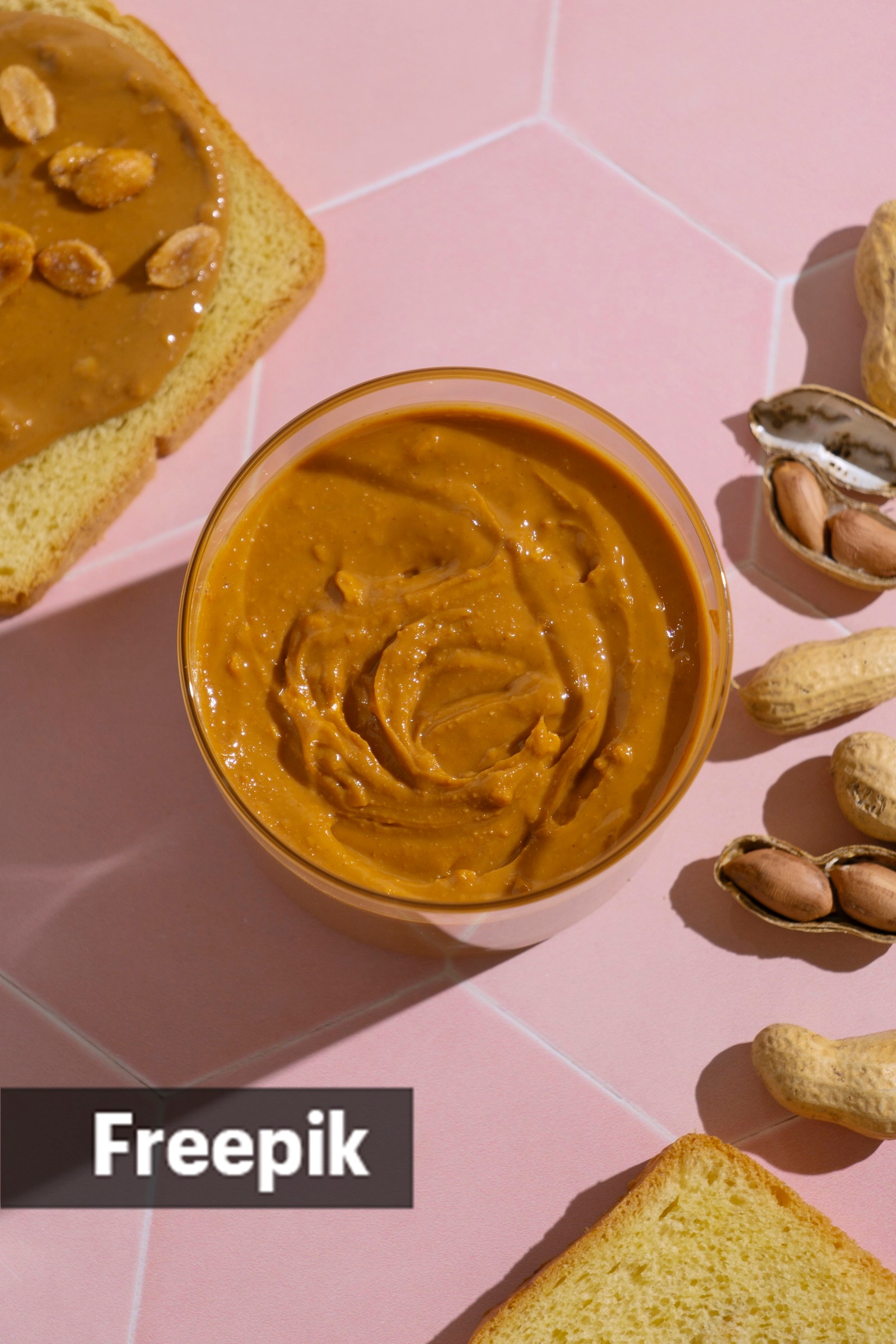Hiccups can be a pain to deal with, especially since they usually seem to come out of nowhere. While hiccups are seemingly random occurrences with no exact reason to pinpoint, taking care of your eating and lifestyle habits can prevent and cure them.
What causes hiccups?
“Hiccups occur when your diaphragm, the muscle below your lungs, spasms involuntarily.” said Kanikka Malhotra, consultant dietician and diabetes educator. While the exact cause of this spasm isn’t always clear, certain factors can trigger it:
- Spicy and acidic foods: The irritation caused by spicy foods can stimulate the nerves involved in diaphragm control and the acidity of certain food items can irritate the oesophagus and potentially contribute to hiccups.
- Carbonated drinks and alcohol: Excessive consumption of carbonated drinks and alcohol can irritate the stomach and lead to hiccups.
- Overeating: A full stomach can put pressure on the diaphragm, causing it to spasm.
- Talking while eating or eating too quickly: This can cause you to swallow air while eating, which can trigger hiccups.
- Drinking very hot or cold liquids: Sudden temperature changes can irritate the oesophagus.
- Chewing gum very often: Swallowing excess air from chewing gum can contribute to hiccups.
 Swallowing a spoonful of peanut butter can distract your mind and change your breathing pattern, potentially interrupting the hiccup cycle. (Source: Freepik)
Swallowing a spoonful of peanut butter can distract your mind and change your breathing pattern, potentially interrupting the hiccup cycle. (Source: Freepik)
Instant relief methods
Malhotra recommends the following seven food items to eat if you want to gain instant relief from hiccups:
- Peanut butter: The idea is that the act of swallowing a spoonful of peanut butter can distract your mind and change your breathing pattern, potentially interrupting the hiccup cycle.
- Chocolate powder: The strong flavor might stimulate different nerve pathways, interrupting the hiccup reflex.
- Sugar: Similar to chocolate, the strong taste might distract the brain and stop the hiccups.
- Honey: Like sugar, honey’s thick consistency and sweet taste might help.
- Lemon: The sour taste is thought to stimulate different nerve endings, potentially interrupting the hiccup cycle.
- Vinegar: The strong, sour taste might help reset the diaphragm.
- Ice water: The cold temperature can stimulate the vagus nerve.
Beyond these food items, there are some more methods to help with hiccups, according to Malhotra. These are:
-Gargling with water: This action can distract the mind and potentially interrupt the hiccup cycle.
-Holding your breath: This can increase carbon dioxide levels and potentially stop the hiccups.
-Breathing into a paper bag: Similar to holding your breath, this can increase carbon dioxide levels.
Story continues below this ad
However it is to be noted that these methods may work sometimes, but not always. That’s because the effectiveness of these remedies is mostly based on anecdotal evidence, and there isn’t solid scientific proof to support their claims.
DISCLAIMER: This article is based on information from the public domain and/or the experts we spoke to. Always consult your health practitioner before starting any routine.

